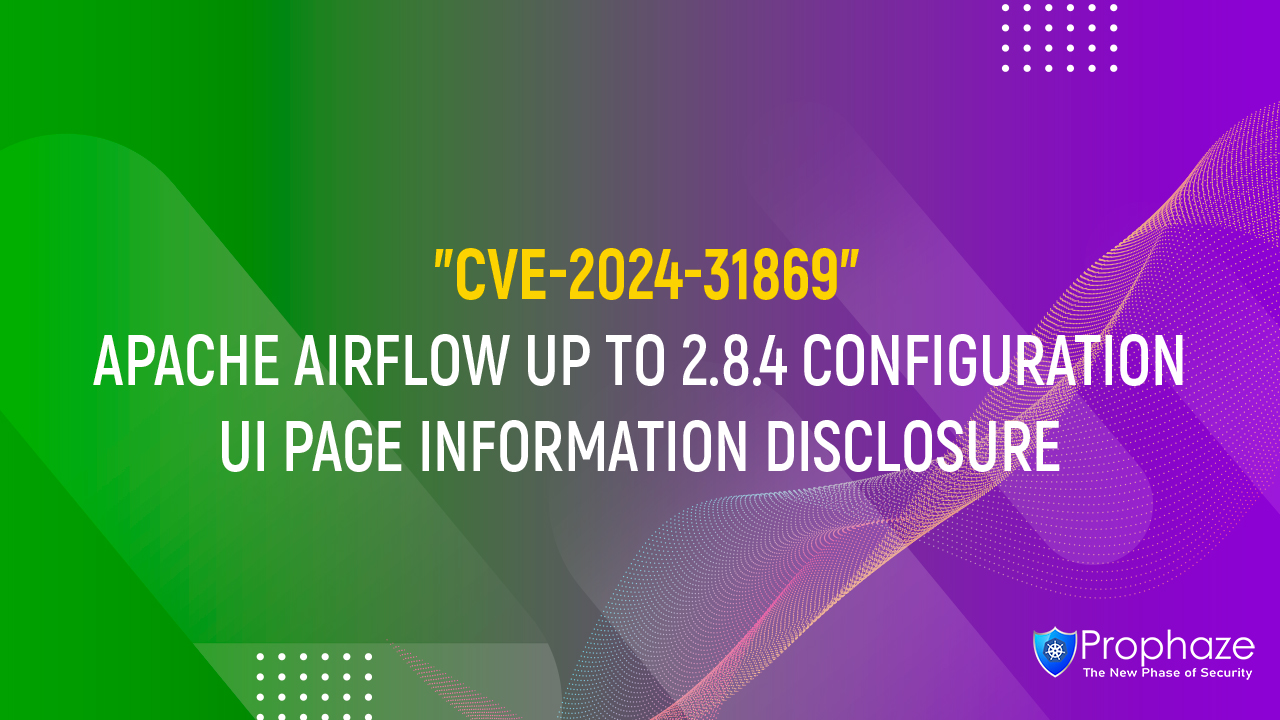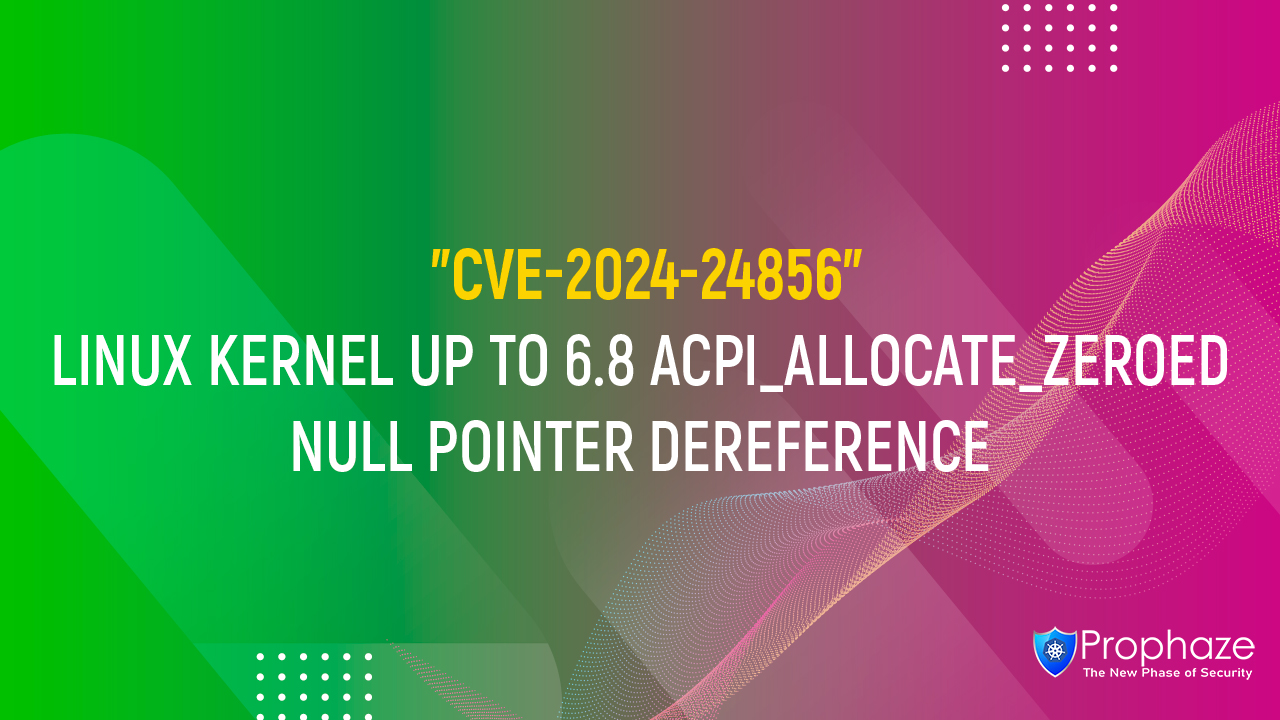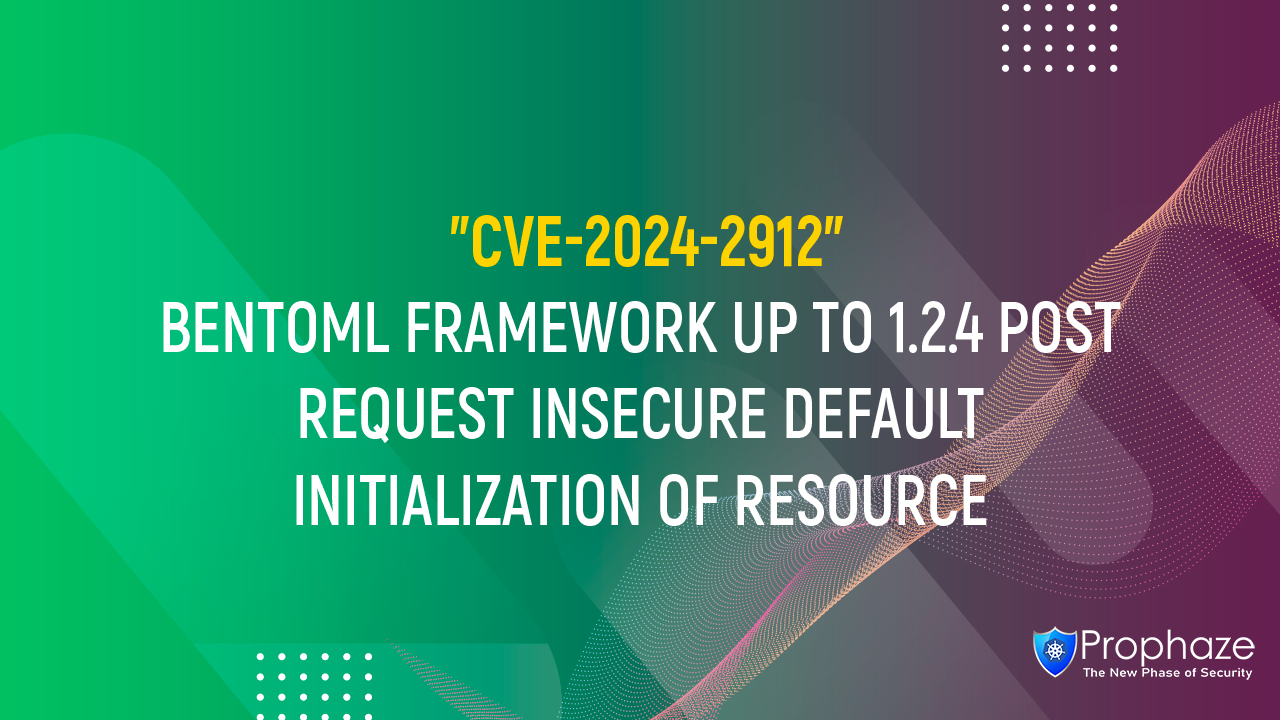| Yaizu Overview : |
| IBM WebSphere Application Server 7.0, 8.0, 8.5, and 9.0 Network Deployment could allow a remote attacker to obtain sensitive information, caused by sending a specially-crafted URL. This can lead the attacker to view any file in a certain directory. IBM X-Force ID: 164364. |
| buy nuvigil and provigil Affected Product(s) : |
|
| Vulnerability Details : |
||||
Solution / Fixes : The recommended solution is to apply the interim fix, Fix Pack or PTF containing the APAR for each named product as soon as practical. For WebSphere Application Server traditional and WebSphere Application Server Hypervisor Edition: For V9.0.0.0 through 9.0.5.0: For V8.5.0.0 through 8.5.5.16: For WebSphere Virtual Enterprise Edition: For V7.0: |





